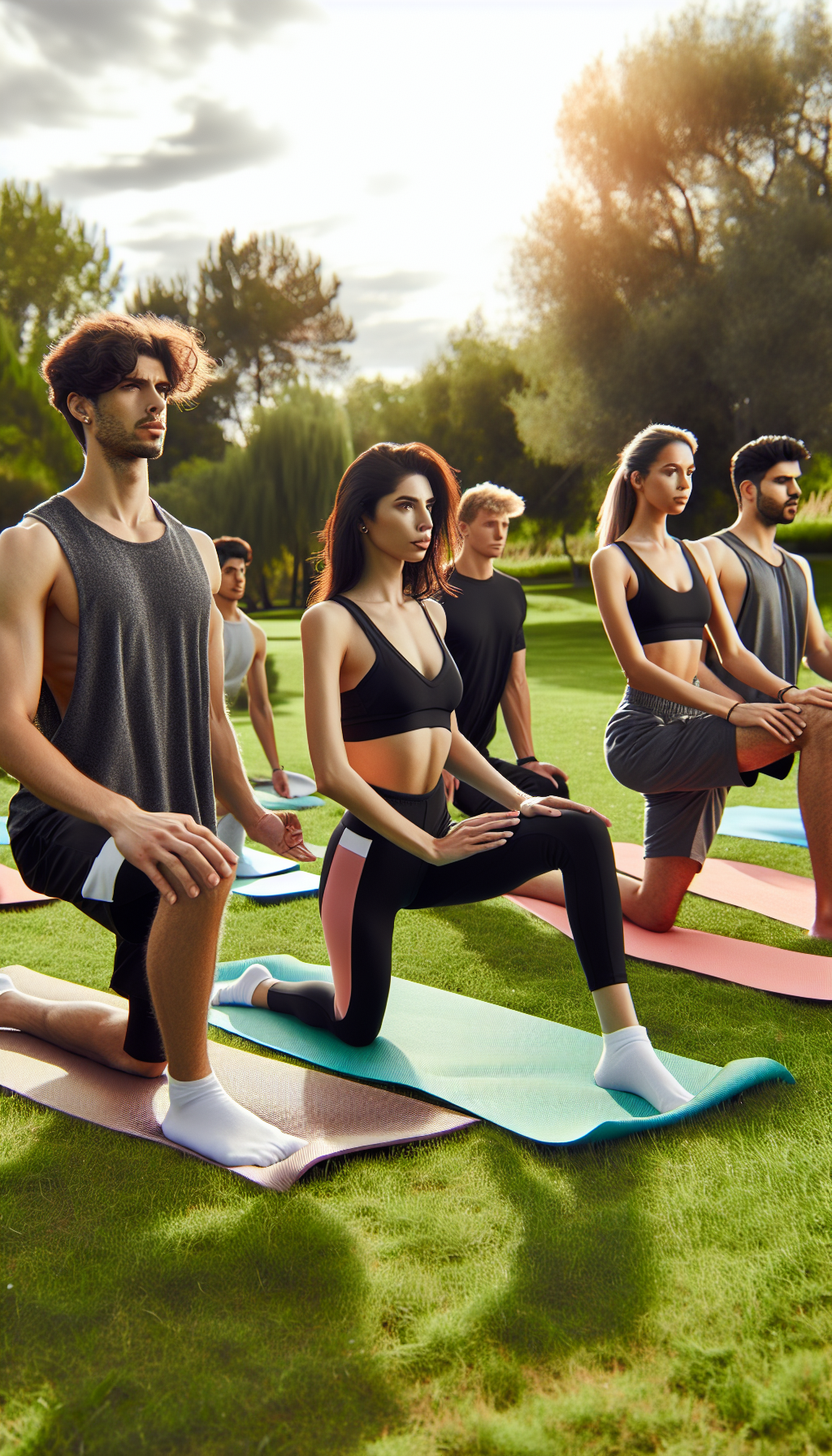Regular exercise is widely recognized for its benefits to our heart, muscles, and mental state, but its impact on skin health is often overlooked. Engaging in physical activity not only enhances your overall health but can lead to a radiant complexion and improved skin health. In this comprehensive look at the connection between exercise and skin, we’ll explore the myriad of ways in which staying active can benefit your largest organ, the skin.
The Science Behind Sweat and Skin
When you exercise, your body’s internal temperature rises, and your sweat glands begin to work. Sweating allows your body to regulate its temperature, but it also helps to cleanse the skin. Through perspiration, your body can expel toxins and unclog pores, which might otherwise lead to acne and other skin issues. While sweating is beneficial, it’s crucial to cleanse your face post-workout to remove the mixture of sweat and sebum that could potentially cause irritation or breakouts if left to sit on the skin.
Enhanced Blood Flow and Nutrient Delivery
Exercise boosts blood flow to all parts of your body, including the skin. Increased circulation ensures that more oxygen and nutrients are delivered to your skin cells, which can help to repair and regenerate the skin more effectively. This enhanced blood flow also contributes to a healthy, natural glow post-exercise.
For those interested in the broader spectrum of health benefits associated with regular physical activity, the article on Fitness provides an in-depth exploration of how a fit lifestyle supports various aspects of wellbeing.
Balancing Hormones Through Exercise
Hormonal imbalances can wreak havoc on your skin, often leading to acne, dryness, or oiliness. Regular exercise is known to regulate hormone levels, which can, in turn, stabilize your skin’s behavior. For example, reducing stress hormones like cortisol through exercise can mitigate the skin’s oil production, helping to prevent acne flare-ups.
For more information on hormonal influences on the skin, the article "Understanding the Effects of Hormonal Imbalances on Skin" is an excellent resource.
The Link Between Stress Relief and Skin Health
Exercise is a proven stress-reliever, thanks to its ability to reduce levels of stress hormones in the body. Stress has a direct impact on skin health, contributing to conditions such as psoriasis, eczema, and acne. By incorporating regular physical activity into your routine, you may notice a reduction in stress-related skin issues.
The article "How Stress Affects Skin Barrier Function and What to Do About It" delves deeper into the relationship between stress and skin health.
Exercise and Skin Cell Renewal
Physical activity can also play a role in the rate at which your skin cells are renewed. As you age, the process of skin cell regeneration slows down, which can contribute to a duller complexion and the appearance of aging. However, regular exercise can help to accelerate this process, leading to fresher, younger-looking skin.
You can learn more about this phenomenon by reading "The Link Between Exercise and Skin Cell Renewal."
The Role of Exercise in Collagen Production
Collagen is a protein that gives our skin its elasticity and strength. As we age, our bodies produce less collagen, leading to wrinkles and sagging skin. Exercise can stimulate the production of collagen by improving overall protein synthesis, which includes these essential skin proteins.
For those interested in the power of specific nutrients in skin care, the article "The Benefits of Vitamin C in Skin Care" offers insights into how vitamin C can support collagen production and enhance skin health.
Sun Exposure and Skin Health
While outdoor exercise has its advantages, it’s also essential to consider the impact of sun exposure on skin health. Ultraviolet (UV) rays can damage the skin, leading to premature aging and an increased risk of skin cancer. When exercising outdoors, it’s crucial to protect your skin with sunscreen, clothing, and accessories designed to block UV rays.
Tailoring Your Exercise Routine for Optimal Skin Health
Not all exercise is created equal when it comes to benefiting your skin. Aerobic exercises that increase your heart rate and make you sweat are particularly effective for improving skin health. However, it’s important to choose activities you enjoy and can sustain long-term. Whether it’s running, cycling, swimming, or dancing, the key is to keep moving.
For additional tips on maintaining skin hydration during workouts, especially in challenging environments, the article "Strategies for Keeping Skin Hydrated During Flights" provides valuable advice that can also apply to your exercise regimen.
External Resources for Further Reading
Here are some high-quality, niche resources to explore for further information on the topics discussed:
- For insights into the specifics of how exercise can enhance skin cell turnover, the American Academy of Dermatology offers resources on skin health and the effects of lifestyle choices.
- Those interested in the hormonal aspect can find detailed explanations of exercise’s impact on endocrine function at the Hormone Health Network.
- To understand more about the relationship between stress and skin, the National Eczema Association provides articles on stress management techniques and their skin benefits.
- For guidelines on sun protection during outdoor activities, the Skin Cancer Foundation is an authoritative source.
In conclusion, exercise is a powerful tool for maintaining not only your overall health but also the health and appearance of your skin. By incorporating regular physical activity into your life, you can enjoy a multitude of benefits, including a clearer, more radiant complexion and a reduction in the signs of aging. Remember to combine your workout routine with a balanced diet, adequate hydration, and proper skincare to maximize the positive effects on your skin.



